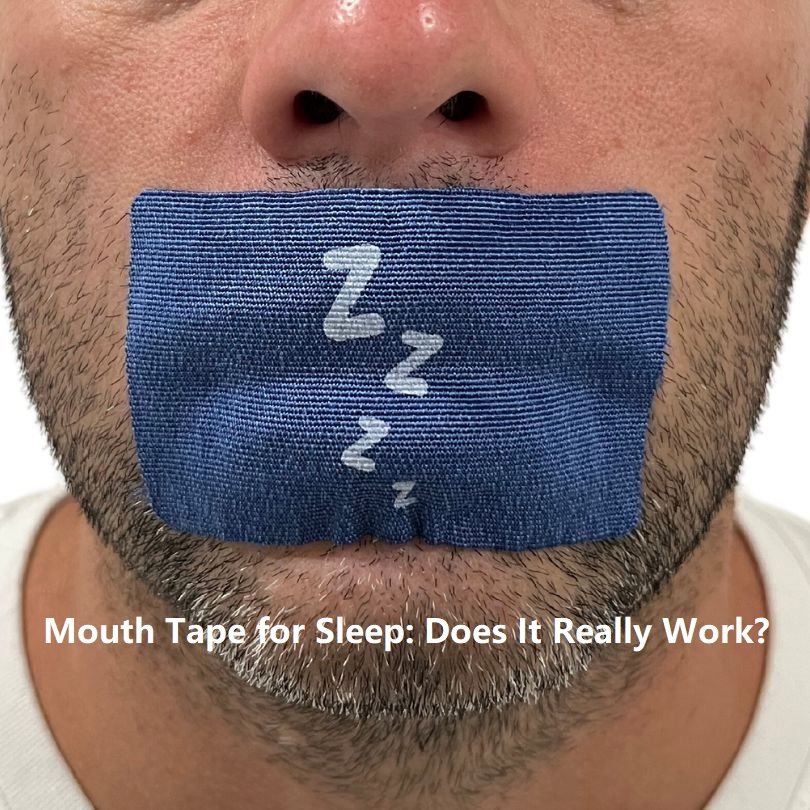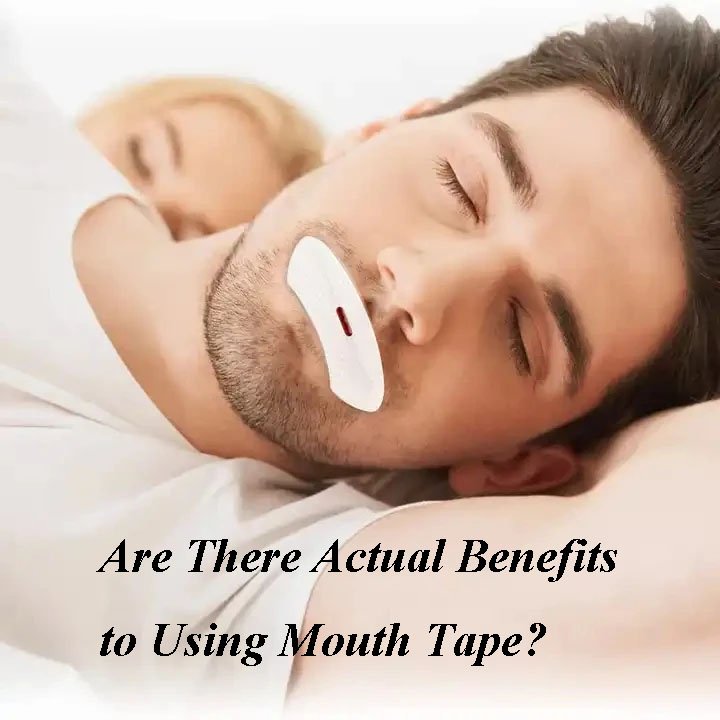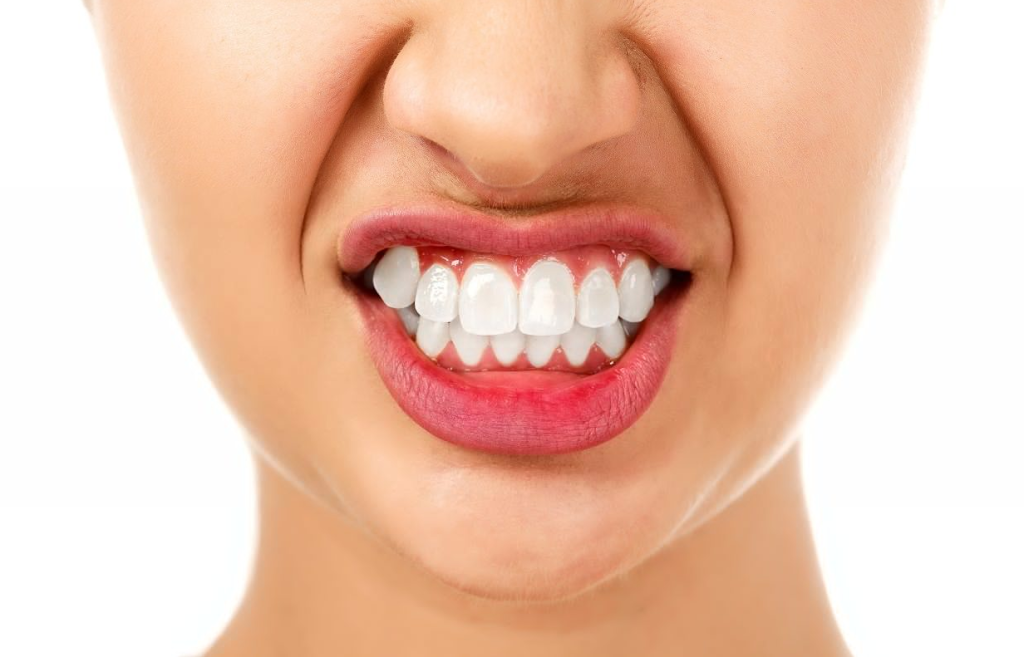Are you curious about mouth tape and why it’s gaining so much attention as a sleep aid? This article dives into everything you need to know about mouth taping — from its benefits for reducing snoring and improving sleep quality to the potential risks you should be aware of. We cover who should avoid using mouth tape, explore alternatives for better sleep, and answer common questions people have. Whether you’re considering mouth tape or simply want to understand its use better, this guide offers insights backed by research and practical tips. Let’s explore if mouth tape is right for you.
Why Do People Use Mouth Tape?
Let’s talk about mouth tape — that odd little strip that’s growing in popularity as a sleep aid. Essentially, mouth tape is used to encourage nose breathing by keeping the lips gently sealed during sleep. Sounds simple, right? But the effects can be more significant than you’d think. By promoting nose breathing, mouth taping can improve sleep quality, reduce snoring, and even potentially boost overall health. A good night’s sleep isn’t just a luxury; it’s essential for feeling human. And mouth tape might be one of the easiest tricks to make that happen without a big lifestyle overhaul.
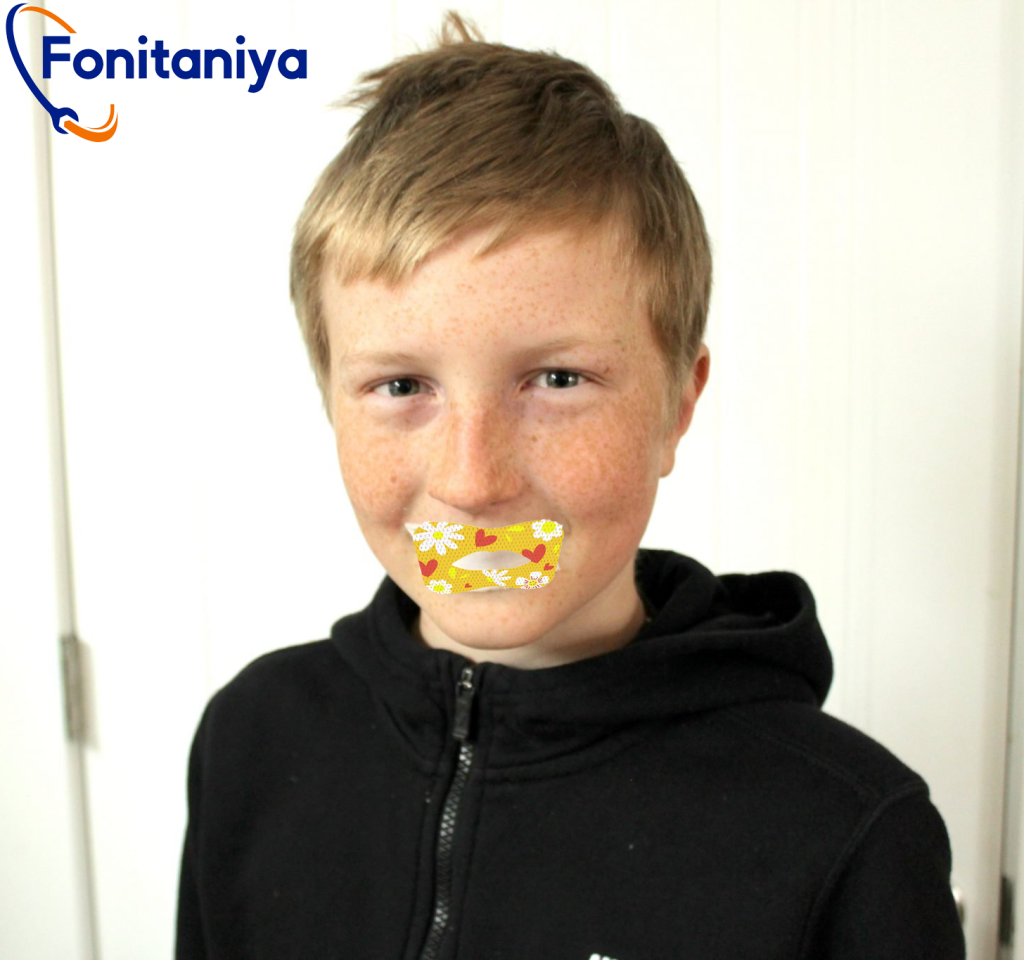
Let’s dive into the details next — the benefits, the risks, and why this might (or might not) be the right choice for you.
Actual Benefits of Using Mouth Tape?
Mouth Tape for Snoring
Snoring can be disruptive not just for you but also for anyone sharing the room. Mouth tape helps keep your mouth closed, encouraging nose breathing, which can significantly reduce snoring. According to a study published in the Sleep and Breathing, up to 50% of snorers experienced improvement when they switched to nasal breathing. The gentle adhesive of mouth tape helps maintain this breathing pattern, giving everyone in the household a better night’s sleep.
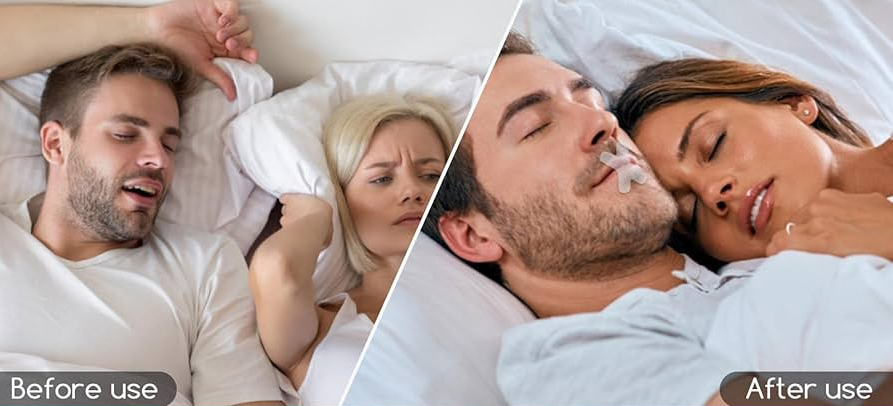
Mouth Tape for Sleep Apnea
Sleep apnea is a more severe condition where breathing repeatedly stops and starts during sleep. While mouth tape isn’t a cure for sleep apnea, it can be a helpful complementary tool for mild cases or when used alongside other treatments like CPAP (Continuous Positive Airway Pressure). Encouraging nose breathing can help maintain an open airway and reduce the frequency of apnea episodes. Research suggests that consistent nose breathing can lower the severity of sleep apnea symptoms by about 30% in some individuals (International Forum of Allergy & Rhinology).
Mouth Tape for Teeth Grinding
Teeth grinding, also known as bruxism, can lead to jaw pain, worn teeth, and headaches. Mouth tape can help by promoting nose breathing and keeping the mouth closed, which may reduce the occurrence of teeth grinding during sleep. When the mouth stays closed, the jaw muscles remain more relaxed, which may decrease the chances of clenching and grinding. While it may not be a guaranteed solution for everyone, many individuals have reported reduced bruxism after incorporating mouth tape into their nightly routine.
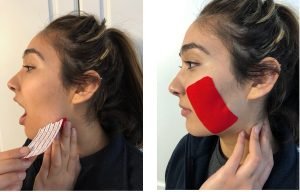
To learn more about mouth tape’s effect on teeth grinding, please read: Mouth Tape for Teeth Grinding: Does It Work?
Potential Risks of Mouth Tape
Improper use or underlying health conditions can lead to complications. Here are some potential risks:
Skin Irritation
One of the more common issues is skin irritation. The adhesive on mouth tape can cause redness or irritation, especially for those with sensitive skin. If you notice any discomfort or rash, it’s important to stop using it and consider hypoallergenic alternatives.
Breathing Difficulties
Mouth taping can be problematic if you have nasal congestion or any condition that impedes nose breathing. In such cases, forcing the mouth closed could lead to breathing difficulties during sleep, which can be dangerous.

This video of pranking someone asleep by taping his mouth demonstrates the potential risk of mouth tape–it may cause breathing difficulties under certain environment. Source: TitTok
Disclaimer: The behaviour in the video may lead to health risk! We do no approve of imitating any behaviour in the behaviour!
Anxiety or Panic
For some people, the idea of taping their mouth shut can induce anxiety or even panic. It’s crucial to ensure you’re comfortable with the practice before incorporating it into your nightly routine.
Sleep Apnea Complications
If you suffer from sleep apnea, mouth taping can pose significant risks. Blocking the mouth without ensuring proper nasal airflow can exacerbate apnea episodes, leading to dangerous drops in oxygen levels during sleep. Individuals with sleep apnea should not use mouth tape without consulting a healthcare professional, as it could worsen their condition. Seeking medical advice and appropriate treatment, like CPAP therapy, is essential for managing sleep apnea effectively.
Always consult a healthcare provider if you have concerns about using mouth tape, especially if you have pre-existing respiratory issues, sleep apnea, or sensitive skin.
Who Should Not Be Using Mouth Tape?
Certain individuals should avoid using it to prevent potential complications:
People with Sleep Apnea: If you have sleep apnea, mouth taping can be dangerous, as it may worsen breathing issues during sleep. Consult your doctor for appropriate treatments, such as CPAP therapy, rather than experimenting with mouth tape.
Individuals with Nasal Congestion: If you frequently have a blocked nose due to allergies, colds, or sinus issues, mouth taping can obstruct breathing, leading to discomfort and possible health risks.
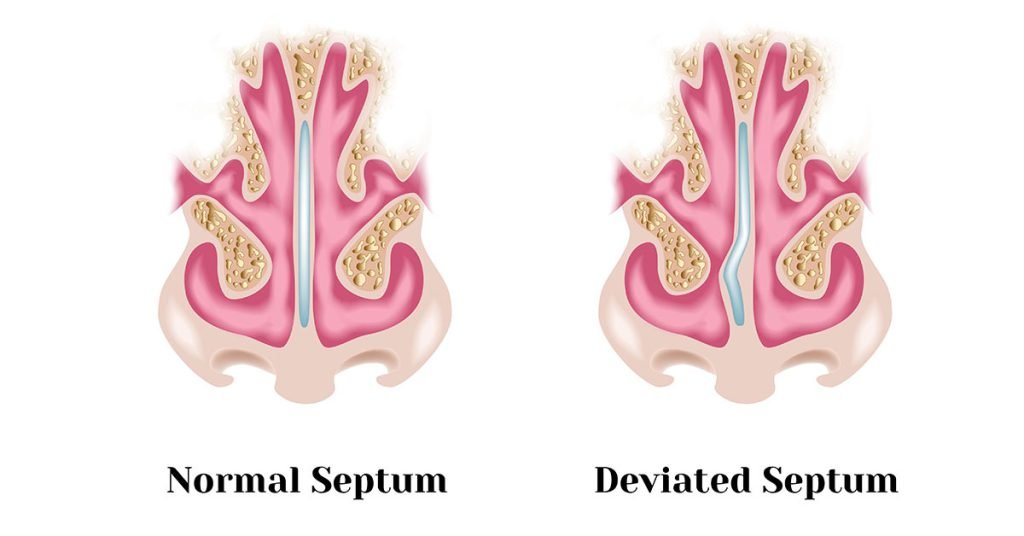
People with Sensitive Skin: The adhesive on mouth tape can irritate sensitive skin, leading to redness or rashes. If you have a history of skin reactions, it’s advisable to use hypoallergenic alternatives or avoid mouth tape altogether.
It’s always best to consult a healthcare provider before starting to use mouth tape, especially if you have any respiratory issues or skin sensitivities.
To reduce risks and maximize using experience, we recommand to use various types of mouth tape according to your actual needs. Here are several examples of mouth tapes tailored for different people: Mouth Tape Category.
Alternatives to Using Mouth Tape and Medical Treatment
Mouth tape isn’t the only solution for those looking to improve their sleep and reduce snoring. There are several alternatives and medical treatments that may be more suitable, depending on your situation:
Nasal Dilators
Nasal dilators are small devices inserted into the nostrils to help keep nasal passages open, making it easier to breathe through your nose. Unlike mouth tape, nasal dilators do not force your mouth closed, which makes them a good alternative for individuals who find mouth taping uncomfortable or have issues with nasal congestion.
Continuous Positive Airway Pressure (CPAP)
For those with moderate to severe sleep apnea, CPAP therapy is the gold standard treatment. CPAP machines deliver a continuous stream of air through a mask, helping keep airways open throughout the night. Unlike mouth tape, CPAP addresses the root cause of sleep apnea, preventing dangerous pauses in breathing and ensuring a more restful sleep. While CPAP can be cumbersome, it is highly effective for managing sleep apnea.
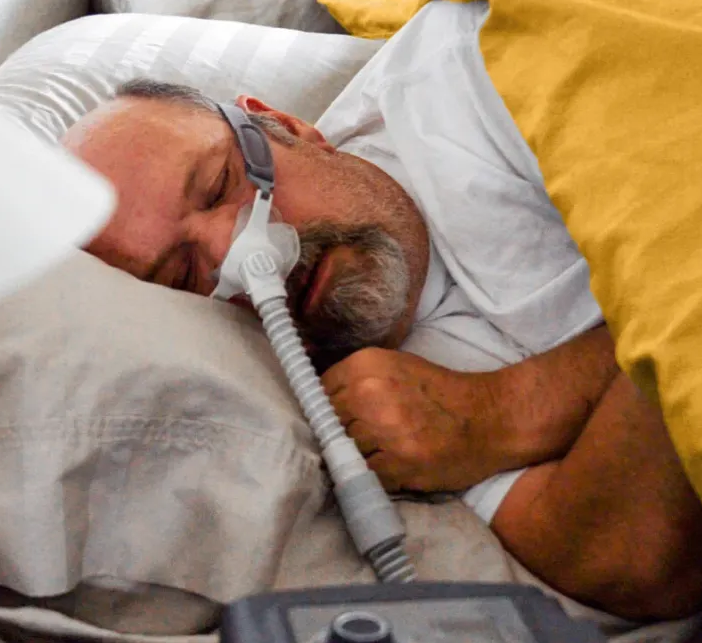
Chin Straps
Chin straps are another alternative that can help keep the mouth closed during sleep, similar to mouth tape. These straps wrap around the head and support the jaw, encouraging nasal breathing. Chin straps can be particularly useful for individuals who dislike the sensation of adhesive tape on their skin but still want to promote nose breathing.
Medical Treatments
In more severe cases of snoring or obstructive sleep apnea, medical treatments such as surgery may be required to correct structural issues in the airways. Procedures like septoplasty, which corrects a deviated septum, or uvulopalatopharyngoplasty (UPPP), which removes excess tissue from the throat, can provide long-term solutions to breathing problems. Consulting an ENT specialist can help determine whether medical intervention is the best course of action.
Positional Therapy
Changing your sleeping position can also make a significant difference, especially for those who snore predominantly while sleeping on their back. Positional therapy involves training yourself to sleep on your side, which can help prevent the tongue from blocking the airway. For some people, using specialized pillows or wearable devices that encourage side sleeping can reduce snoring without the need for mouth tape.
Conclusion
Mouth tape can be an effective tool for improving sleep quality, reducing snoring, and encouraging healthier breathing habits during sleep. However, it’s not suitable for everyone, and there are potential risks, particularly for individuals with underlying respiratory conditions like sleep apnea. Exploring alternatives such as nasal dilators, CPAP therapy, chin straps, or even medical treatments can help you find the best solution for your sleep concerns.
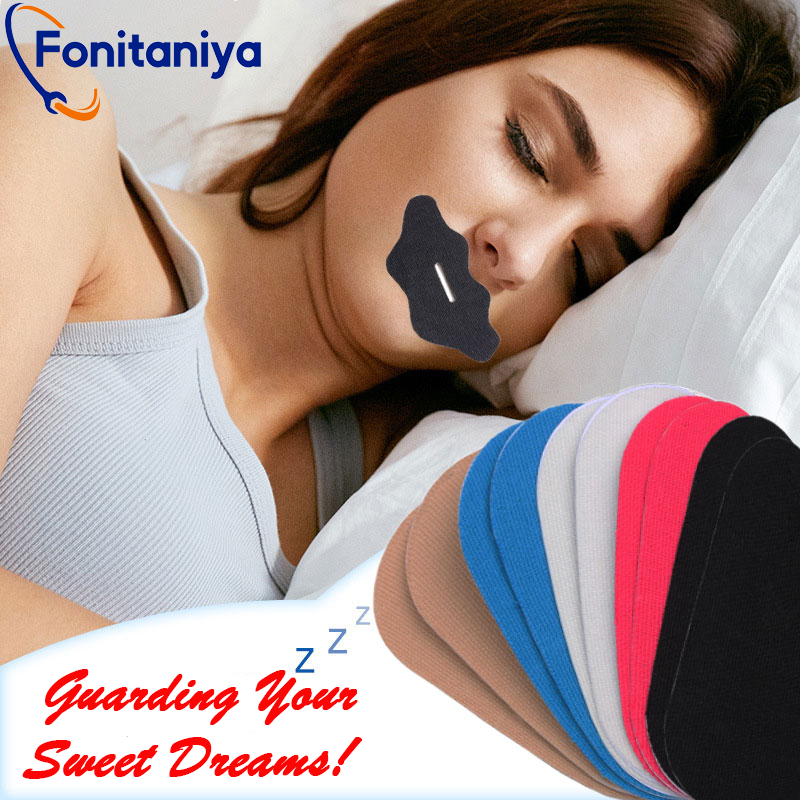
At Fonitaniya™, we offer a wide range of mouth tapes tailored to meet various needs. With over 14 years of experience in providing adhesive solutions, Fonitaniya is committed to enhancing your sleep experience safely and effectively.
Frequently Asked Questions About Mouth Tape
Is mouth taping safe?
Mouth taping can be safe if used correctly and for the right person. If you have sleep apnea or nasal congestion, it could be dangerous. Consult a healthcare professional before starting.
Does mouth taping stop snoring?
Mouth taping helps reduce snoring by encouraging nose breathing. Research shows that nasal breathing can lower snoring by up to 50%. It’s not a guaranteed solution for everyone.
Can I use mouth tape if I have sleep apnea?
No, mouth tape is not suitable for people with sleep apnea without medical supervision. It could make breathing difficulties worse. Talk to your doctor about safer options like CPAP.
Can children use mouth tape?
Children should not use mouth tape without medical advice. Their airways are smaller, and they may find it difficult to breathe through the nose all night. Always consult a healthcare provider first.
Does mouth taping help with dry mouth?
Yes, mouth taping can help with dry mouth by preventing mouth breathing. Sealing the lips helps keep moisture inside, reducing the chance of waking up with a dry mouth.

